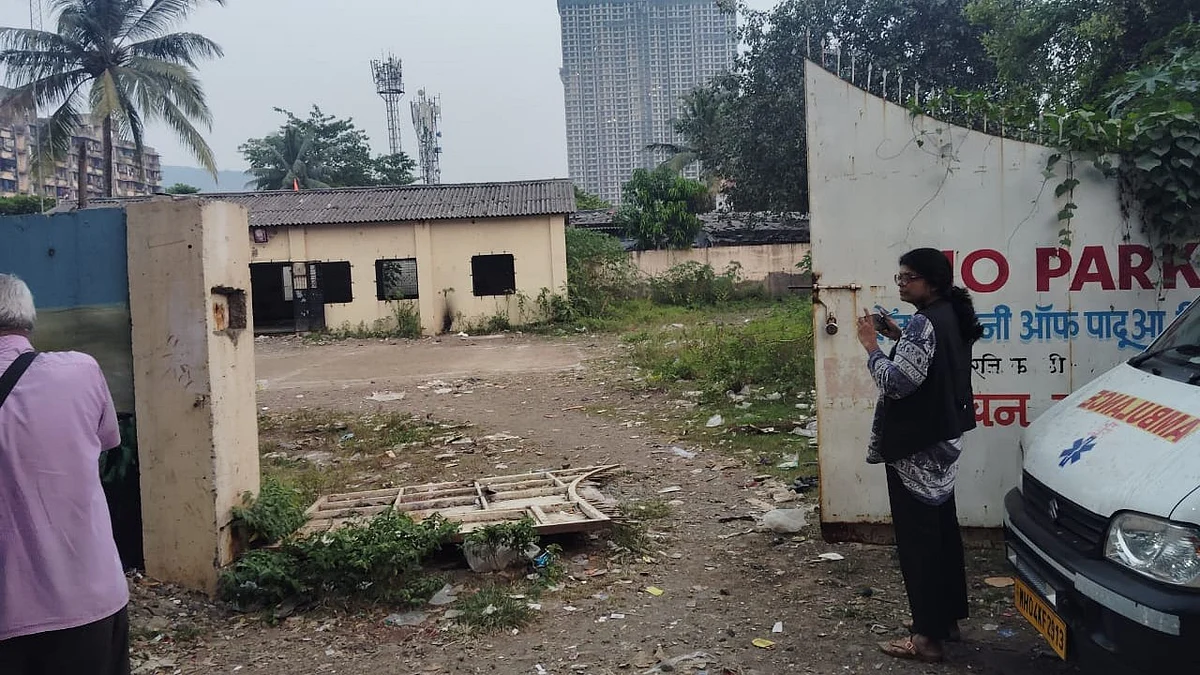A special court designated under Protection of Children from Sexual Offences (POCSO) Act on Thursday acquitted a 45-year-old police driver in a case of molesting another policeman’s minor daughter at his residence in the police quarters in 2018, ruling out his presence at his home during the alleged time.
The court ruled out his presence at the alleged time of the offence, 9.30 PM. The accused examined a head constable as a defence witness who deposed that on the particular date, the accused had been on duty from 3 pm to 10 pm. The constable also produced before the court a register which established the same.
“It is seen that duty hours of the accused were 3 pm till 10 pm. Therefore the incident in the house of the accused at 9.30 pm becomes doubtful.” the court said in its judgment. It also pointed at the delay of two days in lodging the FIR and said it “raises doubt”. “Both sides are policemen's family. Admittedly there is one police station below the house of the complainant. It was easy to inform the police on the same night. The father of the victim is also in the police. It is seen that the complaint is not lodged immediately or even the next day,” special judge Priti Kumar (Ghule) said.
The victim, who was 15-year-old at the time of lodging the complaint, died six months later. She was hence not available to testify.
The accused had told the court in his statement that the victim had anger and grudge against him as he had informed her mother when he had seen her get intimate with a boy in the terrace of the building. Her mother had slapped her then and dragged her home. He had also contended that being a police driver he had seen her roaming with boys at a tourist park and informed her mother out of concern.
The court also remarked on the aspect brought in the deposition of the girl’s mother that when going for a wedding in Thane, her parents had locked her at home. On the same fateful day, she had died an unnatural death, which her mother denied was a suicide. The defence had claimed that the girl was locked up because her parents suspected her character.
“It is therefore clear that the parents had locked the girl on the day of death...It shows that the parents were strict with the girl,” the court said.








